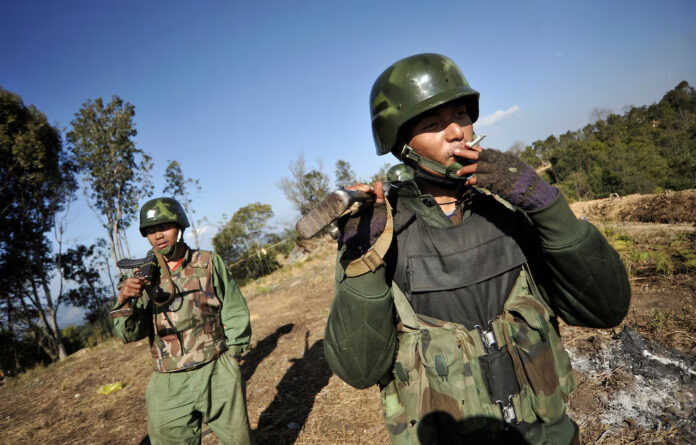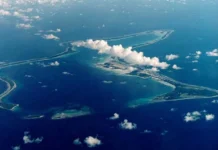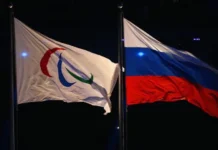
A fierce standoff between the Kachin Independence Army (KIA) and Myanmar’s junta over the strategic town of Bhamo is jeopardizing global supplies of heavy rare earths, as China pressures the rebels to halt their offensive or face a rare earth export ban.
Bhamo, located in Myanmar’s northern Kachin state near the Chinese border, has become the focal point of months of intense fighting. The region is home to vast deposits of dysprosium and terbium, critical minerals used in electric vehicles, wind turbines, and advanced electronics. Nearly half of the world’s supply of heavy rare earths comes from this region, most of it processed in China.
According to sources familiar with the matter, Chinese officials issued a stern warning to KIA leaders earlier this year: stop advancing on Bhamo or face a halt in exports from KIA-controlled areas. In exchange, Beijing reportedly offered increased cross-border trade and economic cooperation.
China’s foreign ministry declined to comment on the specific discussions but reiterated its call for a ceasefire, calling peace talks “in the common interests of China and Myanmar.” Despite the threat, KIA commanders say they are pressing ahead, confident that China won’t risk cutting off rare earth access completely.
The offensive began after the KIA captured the main rare-earth belt last October and imposed stricter controls, disrupting production and slashing exports to China by half in early 2025. Prices of some minerals surged, underlining the global market’s vulnerability.
The KIA’s campaign to take Bhamo, which houses over 160,000 people and serves as a key logistics hub for the junta, has involved more than 5,000 troops. Despite gains, the rebels face heavy resistance from the junta’s air force, which has bombarded Bhamo, reportedly causing civilian casualties and widespread destruction. Satellite imagery confirms much of the damage stems from airstrikes.
Beijing, which views the junta as a stabilizing force for its investments and rare-earth access in Myanmar, is not trying to resolve the broader civil conflict, analysts say, but wants to contain the fighting around its economic interests.
“If the KIA captures all of Kachin state, China will have to negotiate with us directly,” said a KIA commander. “But they can only delay that for so long, they need the minerals.”
Experts warn that prolonged disruption could trigger a global shortfall in heavy rare earths by year’s end. “Prices outside China could spike sharply,” said Neha Mukherjee of Benchmark Mineral Intelligence.
Myanmar has been in turmoil since a 2021 coup plunged the country into civil war. While the KIA continues to defy both the junta and Beijing, the outcome of the battle for Bhamo may determine not only Myanmar’s future but the stability of global supply chains.
Written By Rodney Mbua


















